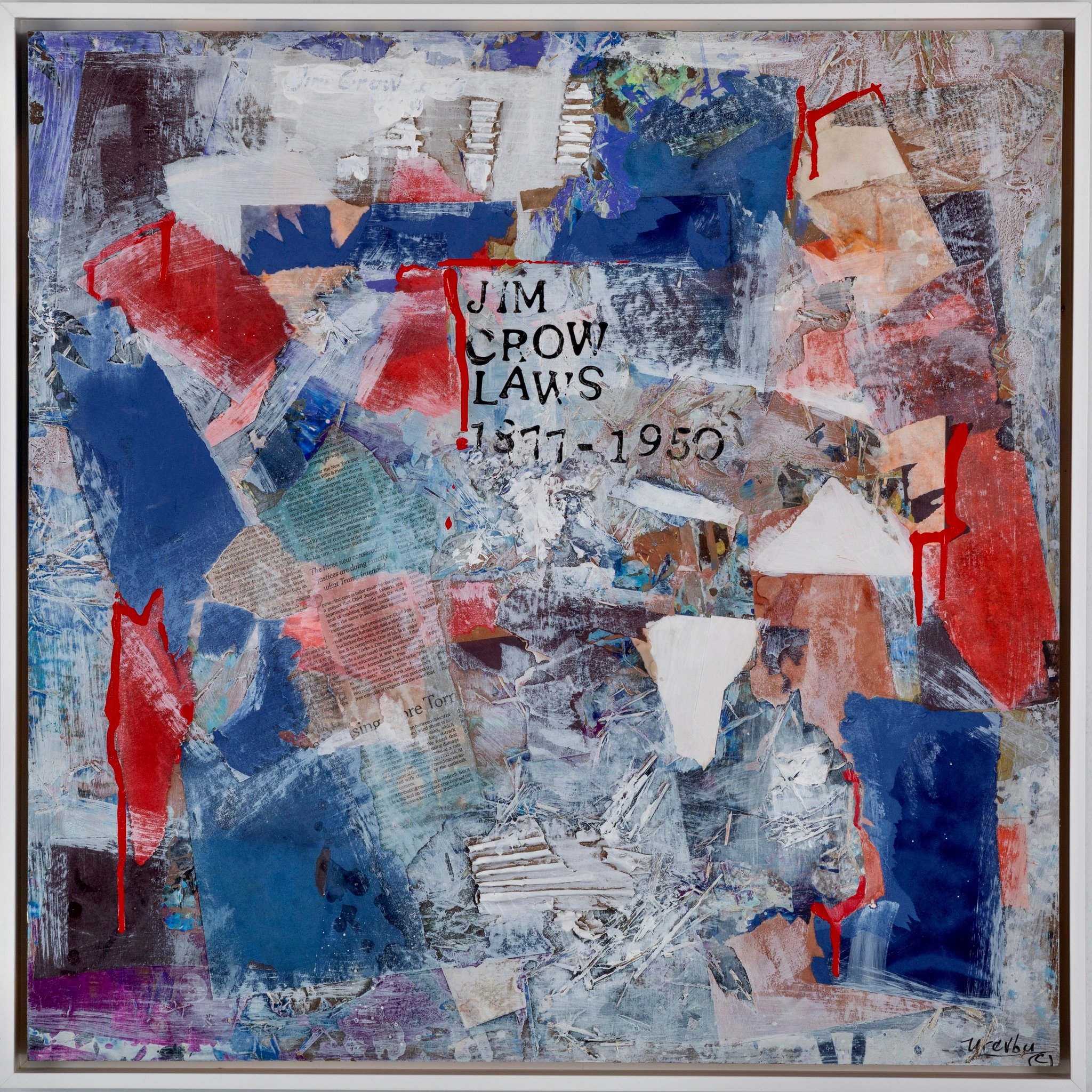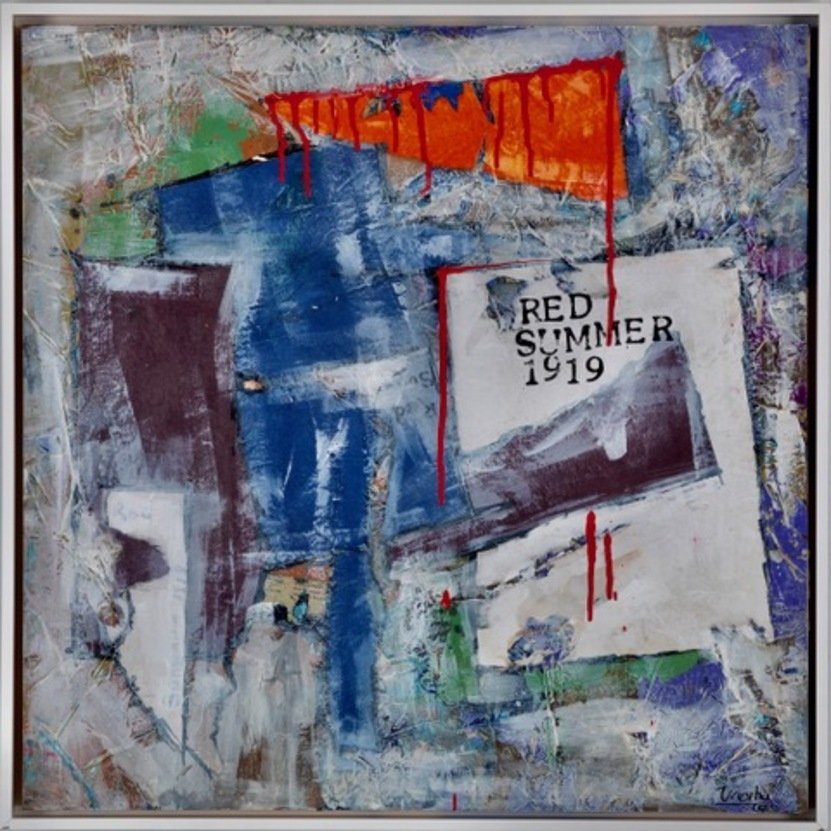Untold Stories Collection
Bloody Monday, 1855
"Bloody Monday," occurring on August 6, 1855, in Louisville, Kentucky, was a violent nativist riot that remains a stark reminder of anti-immigrant and anti-Catholic sentiments prevalent in mid-19th century America, closely associated with the rise of the Know-Nothing political party.The riot unfolded as German and Irish immigrants participated in a Catholic religious procession through Louisville's streets. Predominantly Protestant nativist rioters targeted these immigrants due to their perceived threat to American values and jobs, exacerbated by cultural and religious differences. The violence escalated rapidly, resulting in brutal beatings, widespread destruction of property, and assaults on Catholic churches and institutions.Historical accounts vary regarding the exact toll, but estimates indicate that at least 22 individuals lost their lives, with numerous others sustaining injuries. The aftermath of Bloody Monday profoundly affected Louisville's immigrant community, fostering a climate of fear and distrust. This tragic event exacerbated existing tensions between native-born Americans and immigrants, highlighting deep-seated prejudices rooted in religious and cultural differences.Bloody Monday serves as a poignant illustration of the nativist fervor that characterized American society in the 19th century, where immigrants often faced discrimination and violence based on their backgrounds. It underscores how religious and cultural differences were manipulated to justify hostility and exclusion, reflecting broader societal anxieties about the changing demographics and cultural landscape of the United States during that era.Ephraim Urevbu
Bloody Monday 1855
Acrylic and mixed media on board
24 x 24 in (60.9 x 60.9 cm)
























